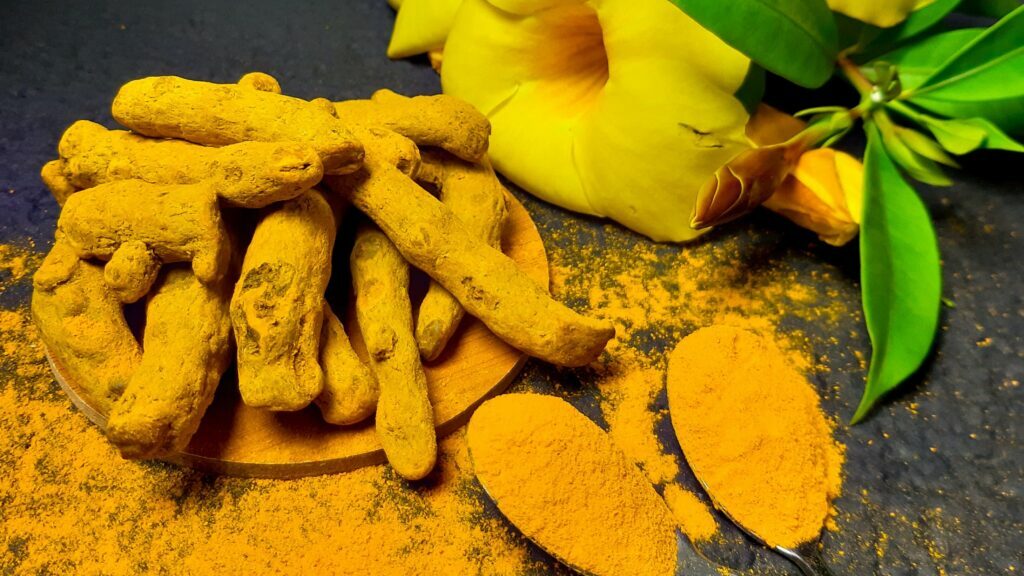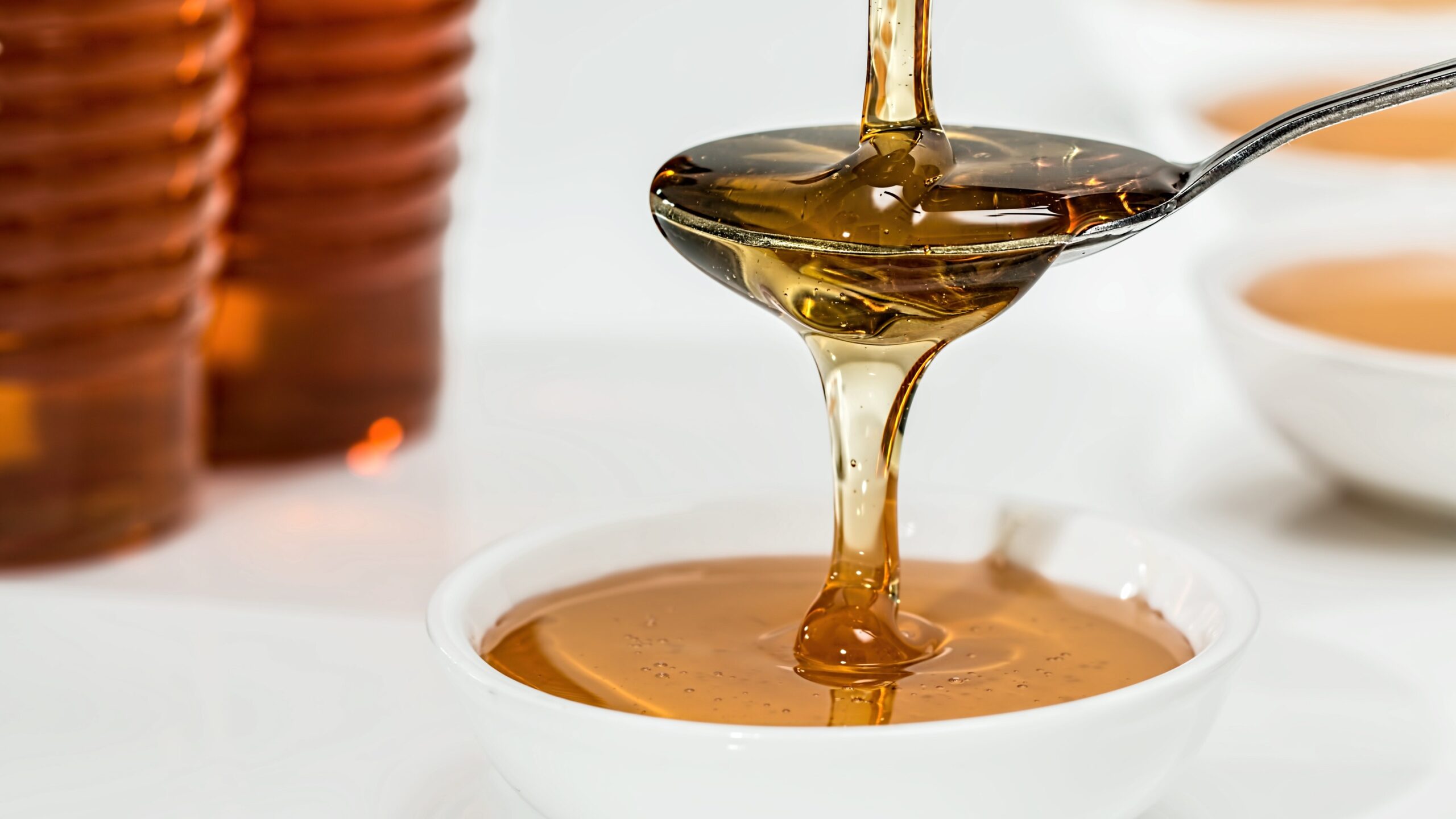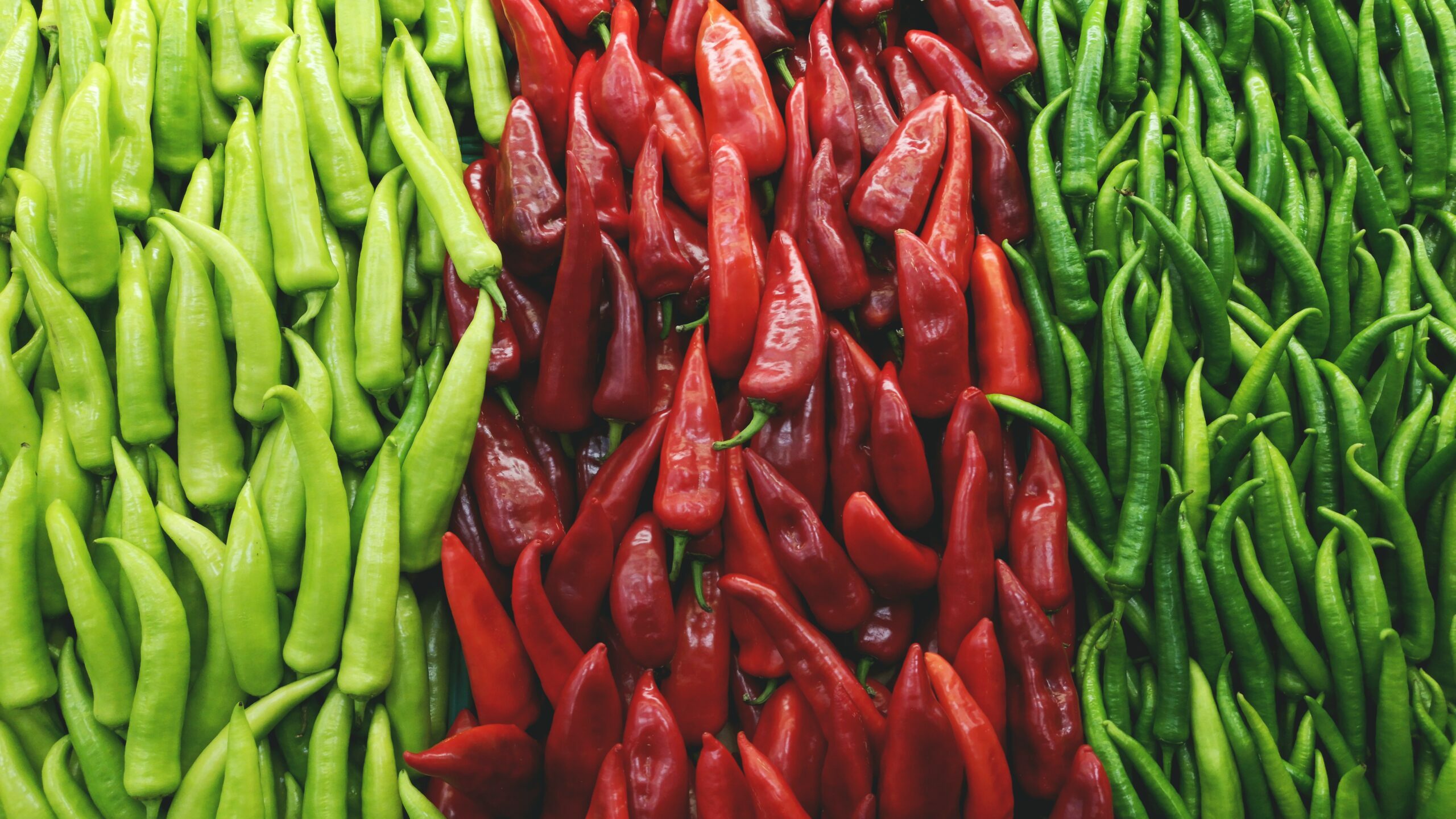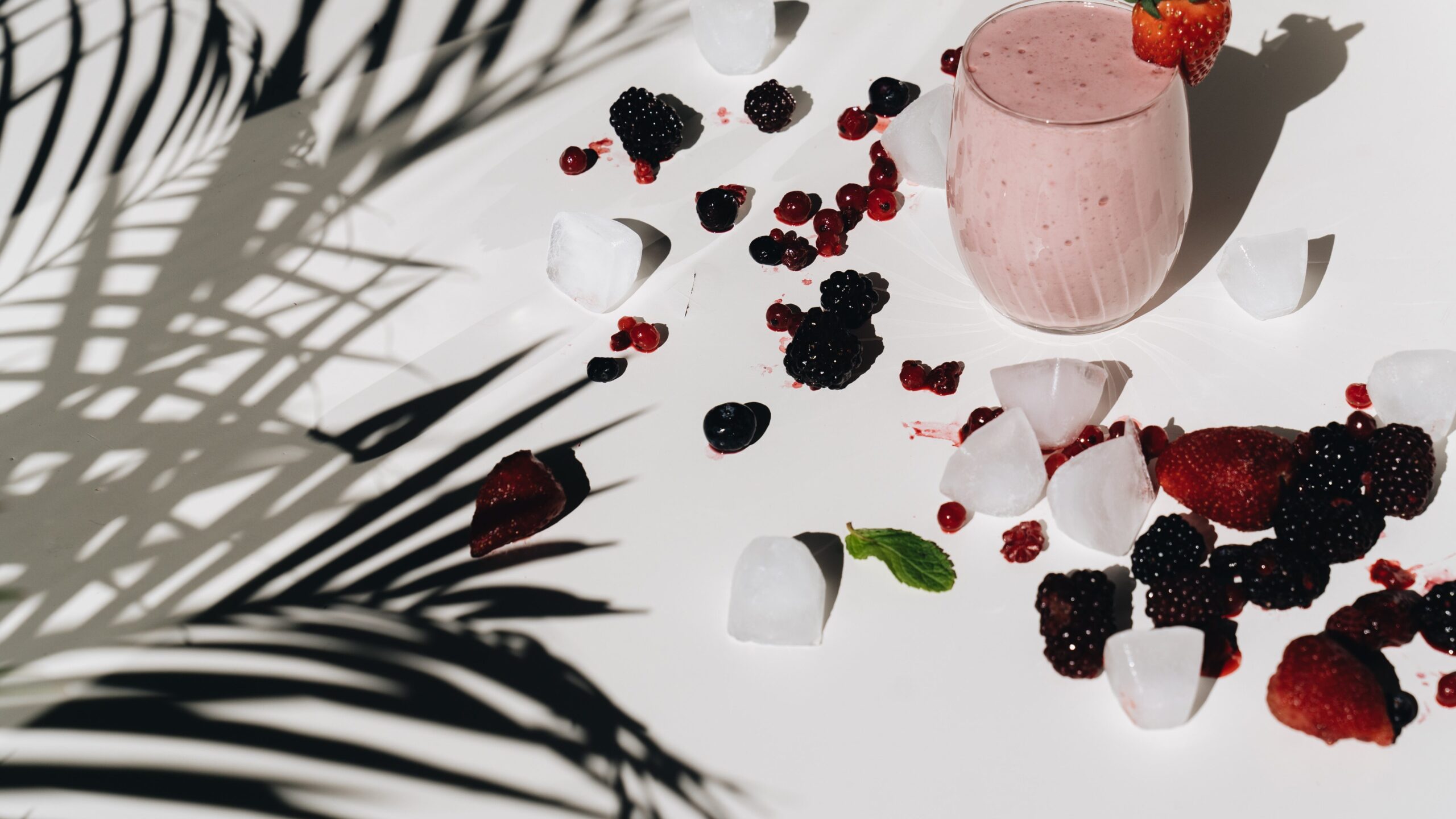As the title suggests this article will cover some of the best foods for cough and cold.
Because there are no known therapies for colds and flu, cold and flu prevention is critical. A proactive strategy to prevent colds and flu will likely make your entire life healthier. A strong immune system begins with a diet high in fruits and vegetables, which provide your body with vitamins C, K, A, and D. Even a little shortage in these minerals might weaken your immune system, leaving you more prone to illnesses.
Here are the 9 best foods for cough and cold to focus on, as well as simple methods to integrate them while you’re sick. Some may even assist your immune system in fighting off a cold or reducing its intensity or duration. So stock up now!
1. Ginger Tea

One of the best foods for cough and cold is ginger. Ginger is the greatest food to consume for immediate treatment. Ginger tea aids in the removal of mucus from the respiratory tract by drying a runny nose. It is also proven to soothe a cold infection and hasten to heal. To make your drink more flavorful, add a dash of cinnamon or lemon.
2. Turmeric

Curcumin, the natural ingredient in turmeric that gives it its vivid color, is a powerful anti-inflammatory. It has also been demonstrated to increase immune cell activity and antibody responses. Just make sure you take turmeric with black pepper, which increases curcumin bioavailability substantially. Combine turmeric with black pepper in a smoothie, soup, broth, or cooked vegetables.
3. Chicken soup

Chicken soup is one of the most effective foods for cold and cough. According to a study published in the American Journal of Therapeutics, the medicinal power of chicken soup may be attributed to carnosine, a compound found in chicken breast and real chicken broth that aids the body’s immune system in combating flu-like symptoms by inhibiting the release of inflammatory nitric oxide cells. The disadvantage is that the calming effects disappear as soon as the soup travels through the digestive tract, so you’ll have to hope mom cooked a big pot.
Also check, the 9 best anti-inflammatory foods
4. Kiwi

The Chinese Gooseberry—a moniker given to the native Chinese fruit by New Zealanders—is also one of nature’s most potent cold treatments. According to research published in the British Journal of Nutrition, eating nutrient-dense kiwifruit can help ease cold symptoms and even shorten sickness. The research enrolled 132 people, half of whom were given a daily meal of four gold kiwifruit while the other half were given two bananas. The end result? In comparison to the banana group, kiwi eaters had sore throats resolved three days sooner, and head congestion ended nearly four days sooner. The researchers credit the findings to micronutrients found in gold kiwifruit, which increased the concentration of immunity-boosting erythrocytes in red blood cells.
5. Honey

Whenever looking for foods best for cough and cold Honey has to be on the list. A bacterial infection can produce a sore throat. Honey contains antimicrobials that aid in the treatment of various infections. Honey may also be useful in treating children’s coughs, however, it should not be administered to infants under the age of 12 months.
A 2018 study compared honey to over-the-counter children’s cough treatments, a placebo, and no therapy. The researchers discovered that honey looked to be more effective than diphenhydramine and salbutamol, two chemicals commonly used in cough remedies. Dextromethorphan, another frequent component, exhibited similar outcomes as honey.
However, the findings were restricted since the majority of the research in the study only focused on 1-night acute coughs.
6. Garlic

Garlic has various health advantages and has been used for millennia in natural medicine.
It has been found in animal and test-tube experiments to have antibacterial, antiviral, and antifungal properties. In one research of 146 persons, those who took a garlic-based supplement had almost 70% fewer ill days than the placebo group. Furthermore, aged garlic extract supplements may improve immune function and reduce the severity of colds and flu. When you’re sick, adding garlic to your meal can add taste while also making it more effective in combating cold or flu symptoms.
7. Chili Peppers

One of the most unpleasant aspects of a cold is the way it affects your sinuses. Nothing beats the feeling of being unable to breathe through your nose. Chili peppers, according to Dr. Kyle Bressler, MD, an ENT, contain capsaicin, an active component that can help clear out your sinuses rapidly by thinning the mucus buildup. Getting your hands on the spiciest cuisine imaginable may be the secret to relieving your cold symptoms.
8. Yogurt

It is high in calcium, vitamins, minerals, protein, and probiotics. All of these nutrients serve to enhance the immune system and reduce the odds of catching a cold.
“However, dairy products do not suit everyone during the cold,” Dr. Batra says. You should exercise caution when it comes to the effects of yogurt on your body. If you notice that it thickens your mucus, you should eliminate it from your diet.”
9. Blueberries

Blueberries are high in antioxidants, which can aid in the treatment and prevention of coughs and colds. According to a study performed by the University of Auckland, people who consumed flavonoids — a type of antioxidant found in blueberries — were 33% less likely to acquire a cold than those who did not consume flavonoid-rich foods or supplements on a regular basis.
10. Ginseng tea

Ginseng tea is popular for reasons other than its pleasant flavor. Specifically, the tea has been utilized to treat upper respiratory tract infections (aka the common cold). Ginseng has been demonstrated to considerably lessen the symptoms of colds and influenza, according to a review published in the Canadian Medical Association Journal. The researchers did add, however, that further study is needed to fully substantiate ginseng’s immunity-boosting claims.
Conclusion
The nutrients you consume to fuel your body, allowing it to remain active, develop, mend, and fight disease. Needless to say, food is crucial in aiding your body’s recovery from common colds, flu, and other diseases. (15)
Not only that, but eating healthily can help you avoid these diseases entirely. However, when it comes to nutritional content and immunity-boosting properties, not all meals are made equal.
The objective is to eat an overall healthy and well-balanced diet, including the immunity-boosting items previously described here, all year long, but especially during the winter months when the common cold and flu are on the rise.

